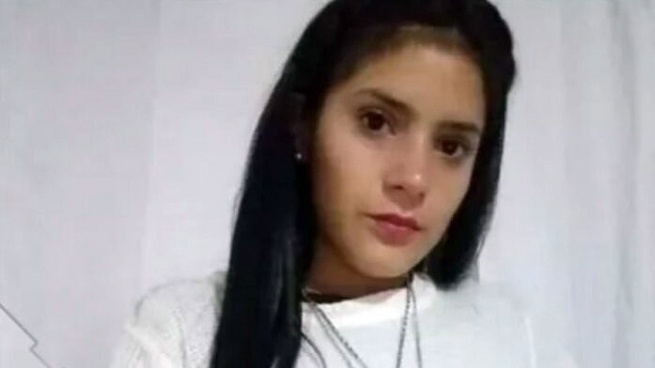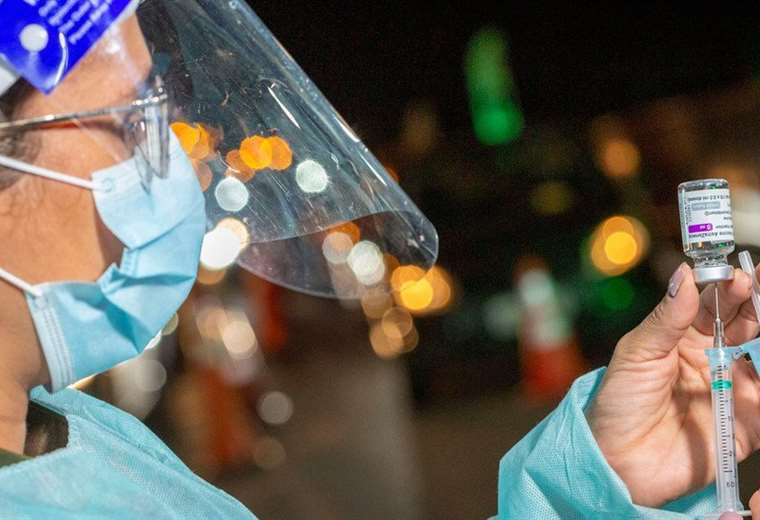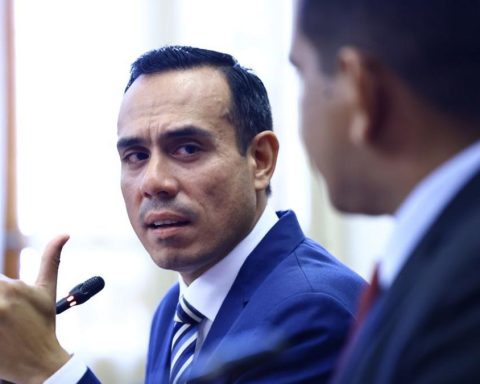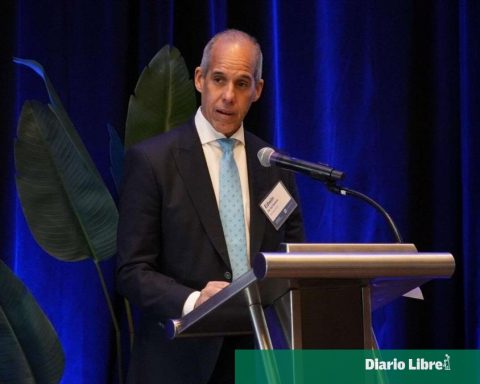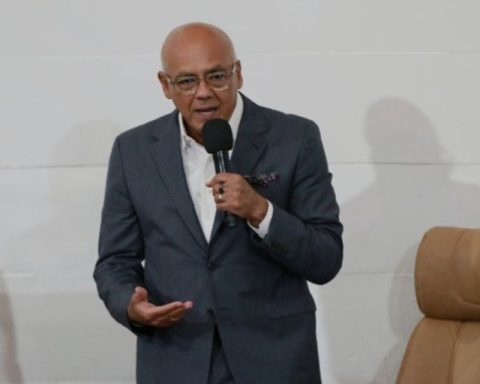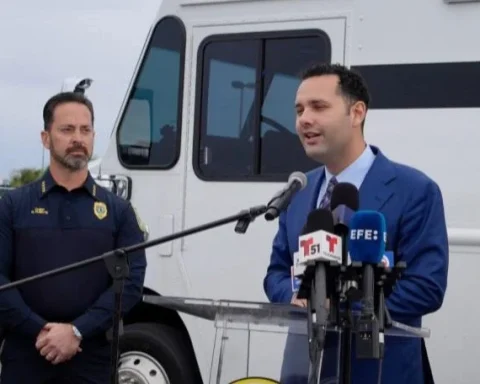The Justice refused to release the five policemen arrested for the death of Daiana Abregú, which occurred two months ago in the branch of the Buenos Aires city of Laprida, since it considers it key to have beforehand the results of complementary expert reports carried out on the young woman’s body, which they will be ready for next week and will allow us to know the asphyxiating mechanism by which he died.
While the Abregú family, represented as a private victim in the case by lawyer Sergio Roldán, is convinced that Daiana was suffocated by troops when she was detained at the police station for causing disturbances on public roads; The five accused assured that he hanged himself with his own jacket tied to a fence.
However, the suspects are currently in jail and accused of “doubly aggravated homicide for its commission with treachery and for being members of the police security force in abuse of their functions”after the judge of Guarantees 1 of Olavarría, Fabiana San Román, rejected in recent days a request for release presented by his defenses.
Faced with “the existence of the procedural dangers of evasion of Justice and evidentiary obstruction contemplated by the procedural regulations”, the magistrate resolved deny the request for the police officers Vanesa Núñez, Juliana Zelaya, Adrián Osvaldo Núñez, Pamela Di Bin and Leandro Fhur to be releasedaccording to the ruling that Télam agreed to.
In addition, in another resolution, the same magistrate denied the release from prison of another member of the Laprida branch, Yasmina Larios, who, although she was not arrested, is mentioned in the case, the spokespersons added.
Meanwhile, after a presentation made by the Provincial Commission for Memory (CPM) and the Permanent Assembly for Human Rights (APDH), the Buenos Aires government removed from his duties the head of the Laprida Communal Police, Commissioner Inspector Marcelo Amaya; and the former head of the station of the same force and city, Commissioner Cristian Barrios; for the duration of the criminal investigation.
for next week, the Prosecutor of Instruction specialized in Institutional Violence of AzulJosé Ignacio Calonje, waits for the results of the studies of the blood extracted from Daiana to arrive at his office, which, among other things, could explain the mechanism of suffocation that caused the death of the 26-year-old.
“If a striking excess of carbon dioxide is detected in the blood, it could mean that the victim was suffocated by inhaling his own exhalation, which could mean that a bag was placed on his head, which is what we suspect,” he told Télam. the lawyer Roldan.
It is also expected that, shortly, the coroners will send the prosecutor conclusions on an epithelial scan and force analysis on the jacket with which, According to the officers, Daiana hanged herself by tying her to a fence when she was detained in the sectional. After having these elements, Calonje will decide whether to request the preventive detention of the accused policemen, for which he has until August 23 next.
In recent days they declared in the Azul prosecutor’s office the emergency doctor, the nurse and the ambulance worker who went to the unit where Daiana was found dead.
The doctor Omar Rene Baquini He recalled that he was on duty at the Laprida hospital when, around 3:30 p.m. on June 5, they called from the police station to request an ambulance because a person was “hanged.” According to the witness, Upon arrival, he saw that Daiana’s body was “face up on the floor” and there was a person who “was giving her heart massages.”
The professional recalled that he made that person run, after which he checked the body, which “had no vital signs, had no respiratory movements and had no pulse”, although “it was still warm”.
Baquini said that he began to carry out the rigorous resuscitation tasks, including cardiac massages, oxygen mask and adrenaline injections, although the young woman did not react, and that after carrying out repeated maneuvers, including with a defibrillator, at 4 p.m. he declared his death.
Consulted by the prosecution and the parties, the doctor said that he observed “very slight lividity in the neck, in the front part” on Daiana’s neck and did not see other injuries, although he did not check the rest of the body either.
Regarding what he presumes was the time of death, the witness said that “As the body was not rigid, it was flaccid, it could not have been more than four hours after his death.”
The doubts about the causes of Daiana’s death began with the testimonies of her relatives who assured that she had never committed suicidethat he had projects and that, even, the Monday after his death he was going to move with his son to the city of La Plata and he had already bought the tickets.
With the sponsorship of the lawyer Roldán and also of the Provincial Commission for Memory (CPM), which intervenes in the case in its capacity as the Local Mechanism for the Prevention of Torture, the family managed to order a re-autopsy on Daiana’s body, which put question the results of the first, which referred to a suicide, and which led to the arrest of the police.
“There are elements that can tell us that we are facing a homicide and that is how I qualified it,” said prosecutor Calonje. after receiving that second forensic report.
It is that in that re-autopsy, the forensic experts established that in the young woman’s body “findings compatible with a general asphyxia syndrome were verified”, without noticing a hanging groove, soft tissue injuries (neck muscles) or alterations in the larynx or of the hyoid bone, which He flatly rules out that he hung himself with his jacketas indicated by the police version and endorsed by the first autopsy.
Faced with this new evidence and when describing the fact at the time of questioning the defendants, the prosecutor stated that “those accused here acted jointly, by distributing roles” and that they took advantage of “the state of defenselessness of the victim, for being deprived of her liberty, without the possibility of being assisted by third parties or asking for help, possibly handcuffed; carrying out suffocation maneuvers on the victim, causing her death”.
Daiana was found dead on the afternoon of June 5 in a cell at the Laprida Communal Police Station.about 430 kilometers southwest of the province of Buenos Aires, after being apprehended around 7 in the morning because she was drunk and carrying out disturbances on public roads.
